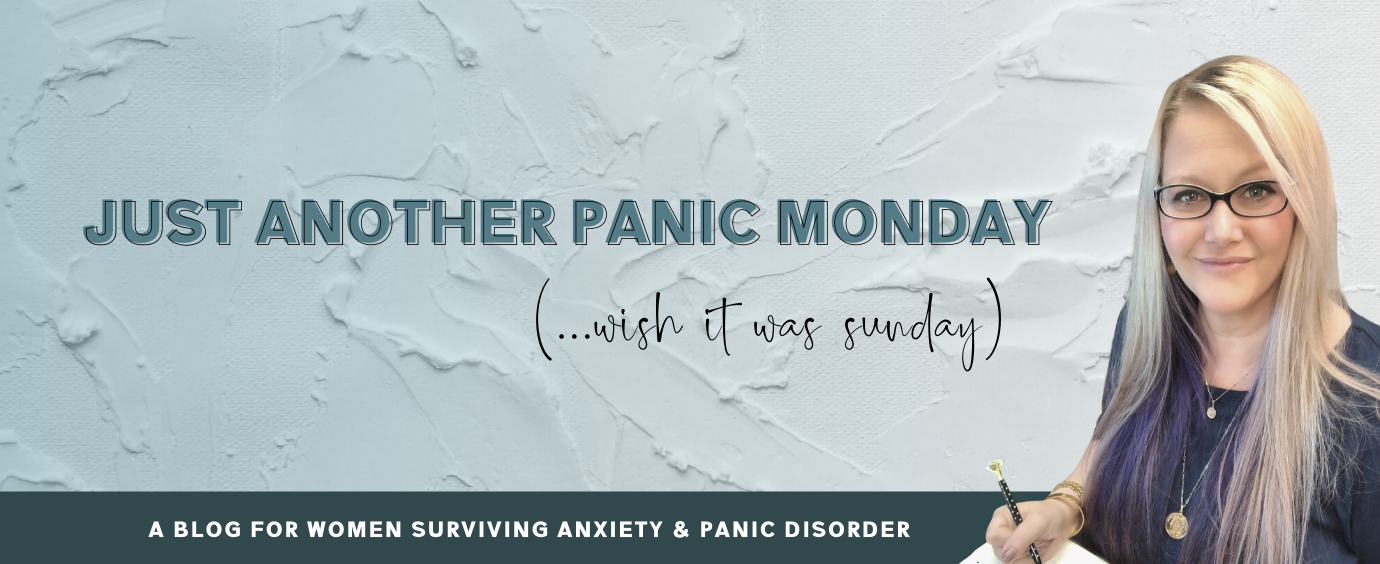How do I know if what I’m feeling is anxiety or just regular stress and nerves? If you’ve asked yourself this question, this will help you determine the difference.
Do you feel especially nervous before a dental visit or starting something new? What about before taking a test or giving an important presentation at work? Most of us do! It’s normal to have such fears.
However, if your fears become debilitating or prevent you from performing your usual activities and enjoying life, you could have an anxiety or panic disorder.
Anxiety and panic disorders are overwhelming conditions, and many of us suffer from them. To better understand if your anxious feelings could be a sign of an anxiety or panic disorder, let’s take a look at some of the symptoms.
Not everyone is the same, but these are some of the most common symptoms:
- A feeling of your heart racing, or that you can’t breathe normally
- Uncontrollable fears of things like crowded places, driving, or being in a position where you may have to converse in front of a group of people
- The strong belief that something bad and disastrous will happen if things are not done in an exact and precise way
- The inability to concentrate and the feeling of your mind wandering
- Repetitive movements, such as walking around the same area over and over again, or repetitively twitching your fingers or toes
- A feeling of doom, like something bad is getting ready to happen to you. You may feel like an accident, heart attack, or even death is impending, ready to happen at any moment.
- Numbness in your hands, fingers, toes, and legs, or feeling like you can’t stand up
- Trouble swallowing or unusual dry mouth episodes
- Fear of people around you and the desire to be alone
- The inability to even leave your home
- Normal activities you’re always involved in suddenly become overwhelming to you (going to the grocery store, going out to eat, etc.)
Many symptoms of anxiety and panic disorder can also lead to panic attacks. However, the good news is that there are now effective treatments and therapies to help you lessen the symptoms and conquer your anxiety or panic disorder.
These conditions are no longer thought of as being something people should hide. This is a scientifically proven medical condition. There’s help for people who suffer from anxiety. Many mental health providers also offer affordable help if you’re on a lower or fixed income. Even your health insurance can help you get treatment.
As we learn more about the brain and its functions, we’re able to create more medications and other forms of relief. There are many holistic options as well, and many choose not to use medications unless it’s absolutely necessary. Relaxation techniques have been very effective for people who suffer from anxiety or panic attacks, and these techniques can even be done in your car or at your place of work.
Understanding your condition may be your best bet to overcoming your panic attacks. Once you understand why these things are happening to you, you’ll be better informed and able to do something to relieve them.
The more we know about anxiety and panic attacks, the more we can do to keep them to a minimum or stop them altogether.
If you suffer from some of the symptoms above, seek professional help. Be sure to equip yourself with the knowledge and treatment that can stop your suffering and the effects it has on your body.
You can also get my free e-book Beating Worry & Anxiety by clicking here.




